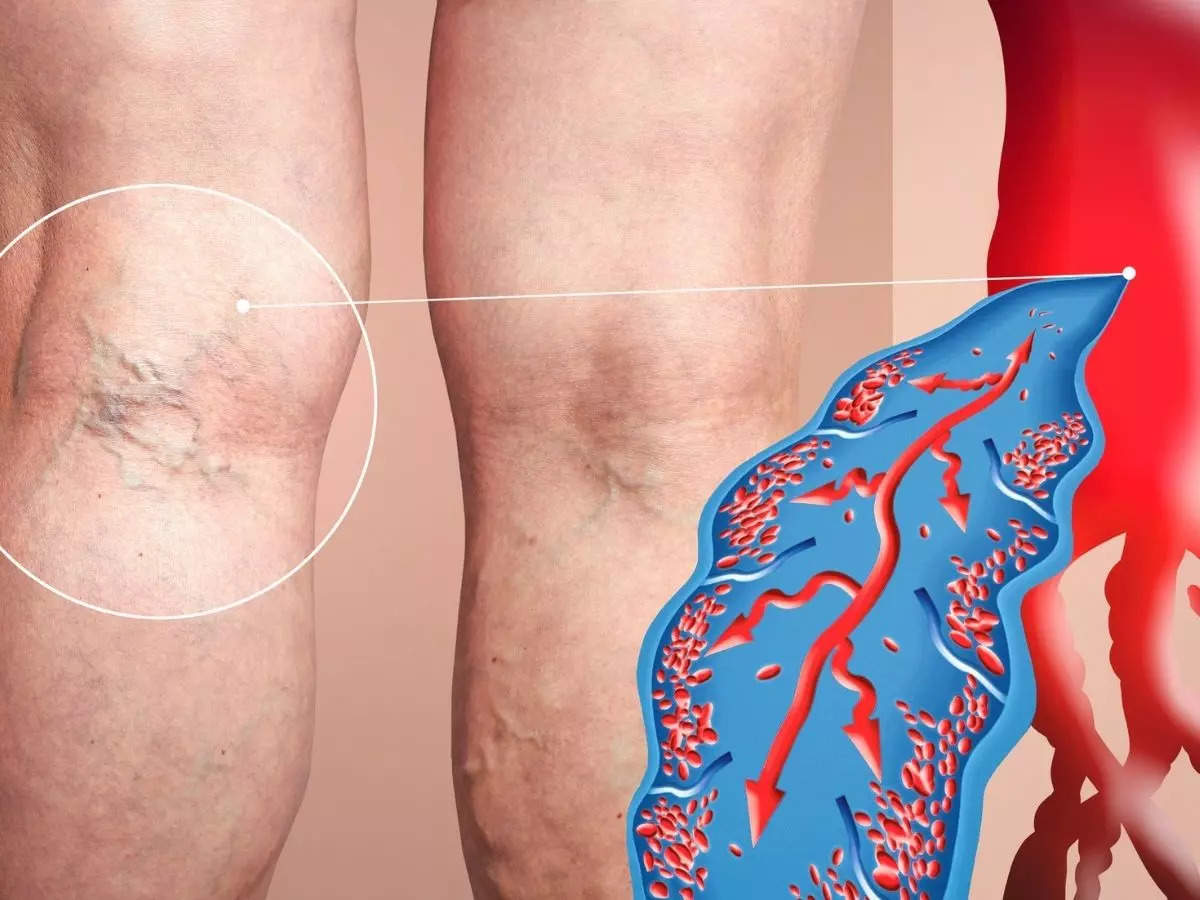4 Powerful Vitamins You Need for Better Circulation – Prevent Blood Clots in Your Legs Now!
4 Powerful Vitamins You Need for Better Circulation – Prevent Blood Clots in Your Legs Now!
Poor circulation is far more common than many people realize. That nagging heaviness in your legs, the cold feet you can never warm up, or the night cramps that wake you suddenly—these symptoms often point to issues within your blood vessels, not just your muscles or joints. Left unchecked, circulation problems can contribute to varicose veins, swelling, and even dangerous blood clots.
Your circulatory system is like the body’s internal highway. When that highway gets blocked, twisted, or narrowed, every organ and tissue suffers. Today, we’ll break down the major warning signs of poor circulation and explore four essential vitamins proven to support healthier blood flow and stronger vessels.
🌡️ Key Takeaways
-
Learn the five warning signs of poor circulation: numbness, cold feet, leg cramps, skin discoloration, and visible varicose veins.
-
See how Vitamin B3 (Niacin) keeps vessels flexible and maintains healthy cholesterol levels.
-
Understand why Vitamin C is crucial for collagen production and vessel strength.
-
Explore the role of Vitamin K1 and K2 in clot regulation and preventing arterial calcification.
-
Discover how Vitamin E protects vessels from oxidative damage and improves overall flow.
🎯 Is Your Circulation Trying to Tell You Something?
Circulation issues often develop slowly and quietly. According to the American Heart Association, reduced blood flow to the legs—called peripheral artery disease (PAD)—is significantly more common in people with diabetes, high blood pressure, or a history of smoking (AHA). Older adults are also at higher risk because blood vessels naturally lose elasticity with age.
Here are the five signs your body may be struggling to circulate blood effectively:
1. Persistent Numbness or Tingling
This pins-and-needles feeling happens when nerves aren’t receiving enough oxygen. The Cleveland Clinic notes that chronic numbness in the lower extremities frequently accompanies early circulation problems and can worsen with prolonged sitting or standing.
2. Cold Feet — Even on Warm Days
When arteries narrow, blood tends to favor vital organs, leaving hands and feet cold. If your toes feel icy regardless of temperature, it’s a red flag.
3. Leg Cramps When Walking
Severe cramping that stops you in your tracks—known as intermittent claudication—is a classic sign of poor circulation. According to Mayo Clinic, this occurs when leg muscles can’t get enough oxygen during activity.
Night cramps that wake you up also suggest sluggish blood flow.
4. Skin Color Changes
Pale, bluish, or purplish skin on the legs and feet can indicate poor oxygen delivery. Dark brown patches around the ankles may signal chronic venous insufficiency, where damaged valves cause blood to pool.
5. Varicose or Spider Veins
When vein walls weaken, blood collects and forces veins to swell and twist. This is both a cosmetic issue and a sign of impaired circulation.
If any of these signs are familiar, improving circulation early can make a big difference—and that includes ensuring you’re getting the right vitamins.
🚀 4 Vitamins That Boost Circulation and Protect Your Blood Vessels
These vitamins support strong arteries and veins, help regulate blood clotting, and keep blood flowing smoothly.
➡️ 1. Vitamin B3 (Niacin)
Niacin is essential for circulatory health. It helps:
-
Relax and widen blood vessels
-
Improve blood flow to the legs and feet
-
Reduce LDL (“bad”) cholesterol and increase HDL (“good”) cholesterol
Harvard Health Publishing reports that niacin has long been used to help manage abnormal cholesterol levels and support arterial health.
Best Food Sources
-
Eggs
-
Chicken breast
-
Salmon and tuna
-
Almonds and peanuts
Adults need 14–16 mg per day, which is easily met with a balanced diet. Supplements are usually only necessary under medical supervision.
➡️ 2. Vitamin C (Ascorbic Acid)
Vitamin C is one of the most important nutrients for blood vessel integrity. It:
-
Strengthens vessel walls by supporting collagen production
-
Acts as a powerful antioxidant
-
Helps prevent varicose veins and bruising
-
Supports wound healing and healthy circulation
The Cleveland Clinic notes that low vitamin C levels can lead to weakened blood vessels and slower healing.
Top Vitamin C Foods
-
Oranges, lemons, and grapefruits
-
Strawberries and kiwis
-
Guava (one of the richest sources!)
-
Red peppers, broccoli, spinach
Fresh food is best—vitamin C breaks down when exposed to air or heat. Avoid exceeding 2,000 mg/day from supplements to prevent digestive issues.
➡️ 3. Vitamin K (K1 and K2)
Vitamin K is crucial for balancing blood flow. It helps:
-
Ensure proper blood clot formation
-
Prevent dangerous, unregulated clots
-
Keep calcium out of arteries
-
Prevent arterial stiffening and calcification
According to research cited by Harvard Medical School, Vitamin K2 helps redirect calcium from arteries into bones where it belongs—reducing the risk of atherosclerosis.
Where to Get Vitamin K2
-
Natto (fermented soy)
-
Aged cheeses such as Gouda or Emmentaler
-
Liver
-
Egg yolks
Rich Sources of Vitamin K1
-
Kale
-
Spinach
-
Broccoli
-
Collard greens
⚠️ Important if you take warfarin: You don’t need to avoid vitamin K—just keep intake consistent. Mayo Clinic stresses that sudden changes can interfere with medication effectiveness.
➡️ 4. Vitamin E
Vitamin E is one of the best vitamins for circulation and vessel protection. It:
-
Acts as a strong antioxidant to protect arteries from free-radical damage
-
Helps prevent clot formation
-
Supports nitric oxide production, promoting vessel relaxation
-
Improves overall blood flow and reduces vessel inflammation
The National Institutes of Health (NIH) notes that vitamin E’s antioxidant properties help defend the vascular system from oxidative stress.
Top Vitamin E Foods
-
Almonds, sunflower seeds, pumpkin seeds
-
Spinach and broccoli
-
Avocado (especially the dark green portion near the peel)
-
Extra virgin olive oil
Most people get enough through food—supplements are rarely needed.
✔️ Final Thoughts
Poor circulation isn’t just uncomfortable—it can increase your risk of serious complications like deep vein thrombosis (DVT) and peripheral artery disease (PAD). Strengthening your blood vessels with the right nutrients, along with movement, hydration, and managing chronic conditions, can dramatically improve leg health and overall vitality.
Supporting your body with vitamins B3, C, K, and E is a simple, natural way to help your blood flow freely and keep your legs healthy for years to come.
News in the same category
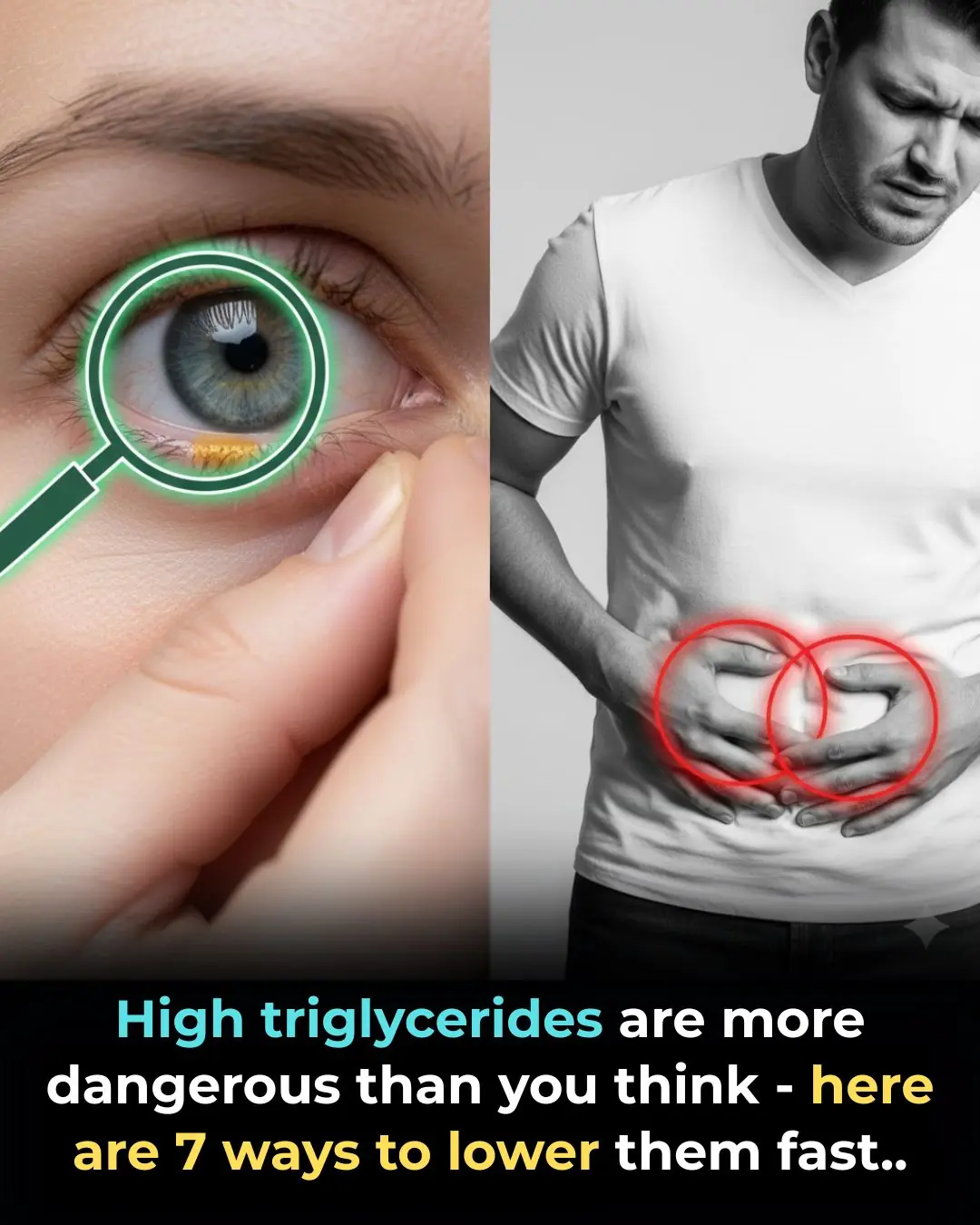
7 tips to eliminate dangerous blood fat
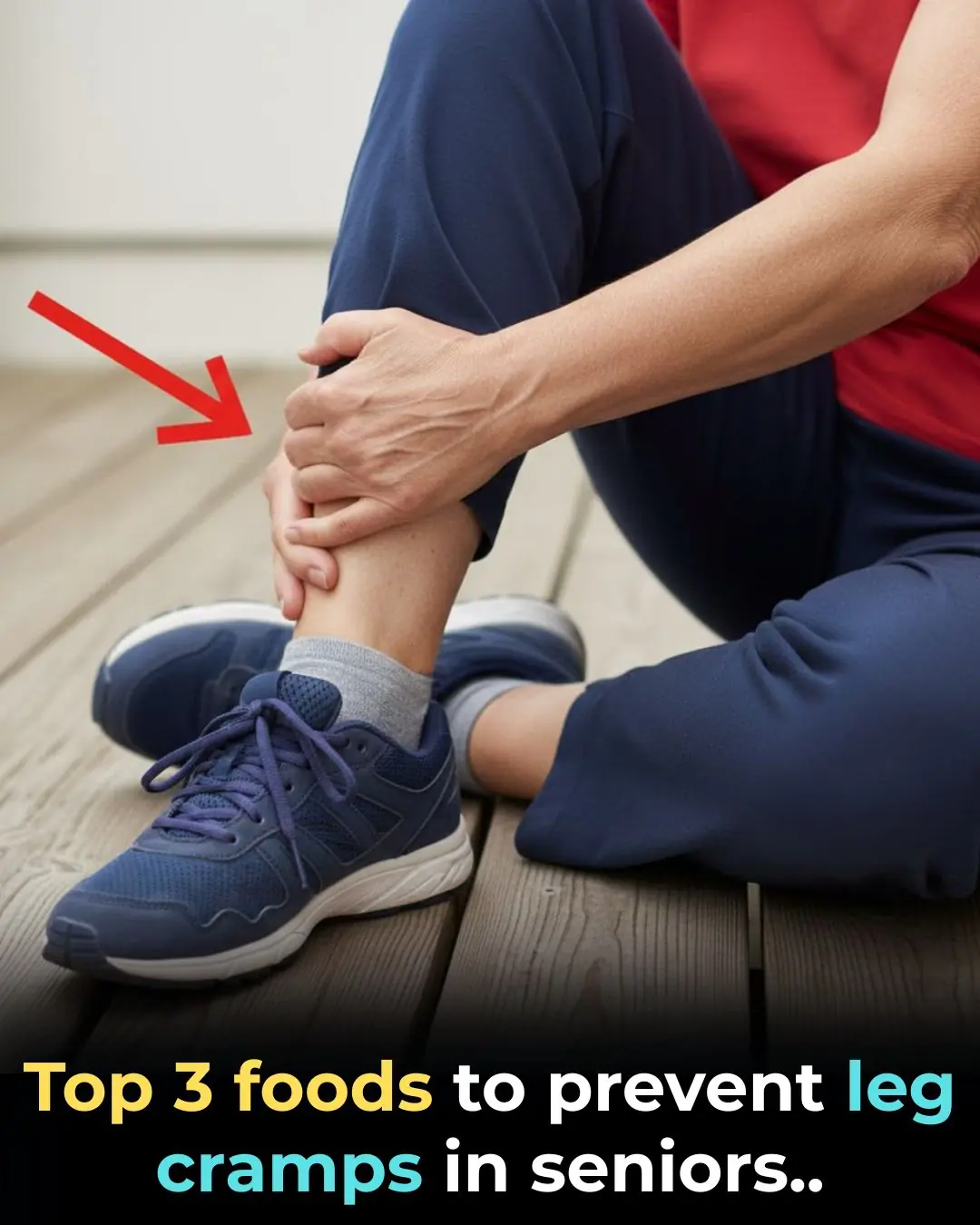
Top 3 Foods to Prevent Leg Cramps in Seniors: Strengthen Your Legs Naturally!
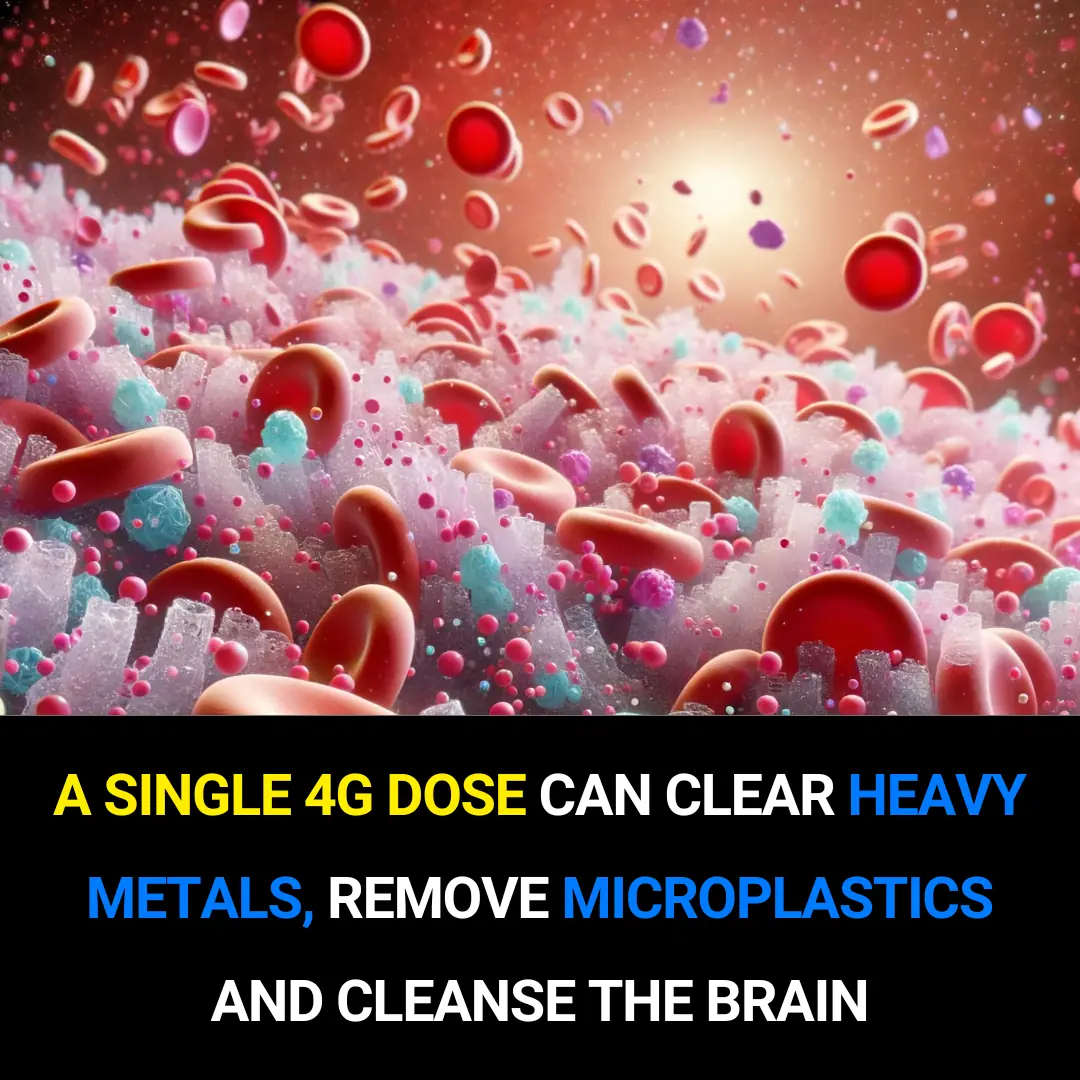
A Single 4g Dose Can Help Clear Heavy Metals, Reduce Microplastics, and Support Brain Cleansing (Not for Daily Use)

The #1 Simple Way to Stop Dementia Before It Starts
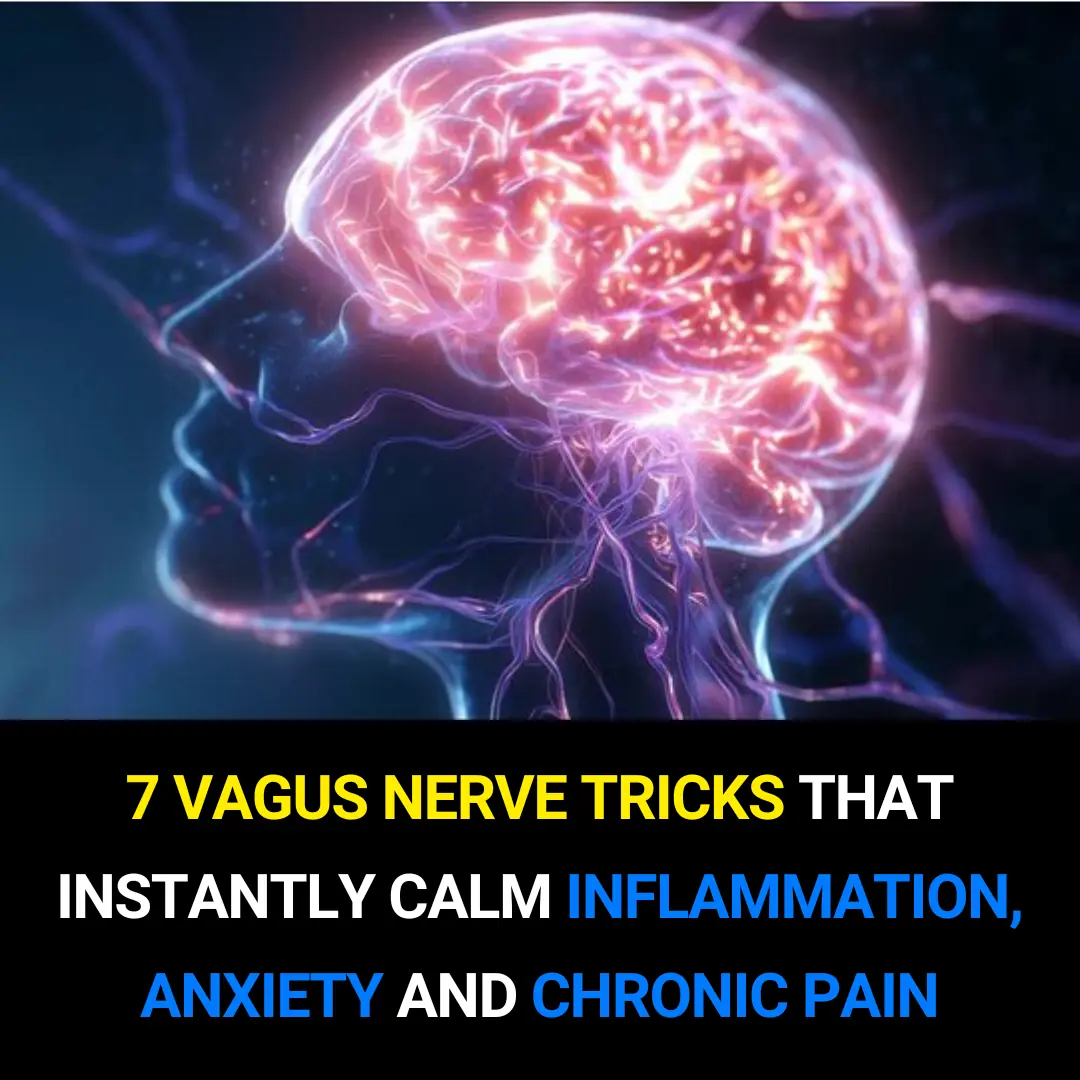
7 Ways to Instantly Stimulate Your Vagus Nerve to Reduce Inflammation, Depression, and Migraines
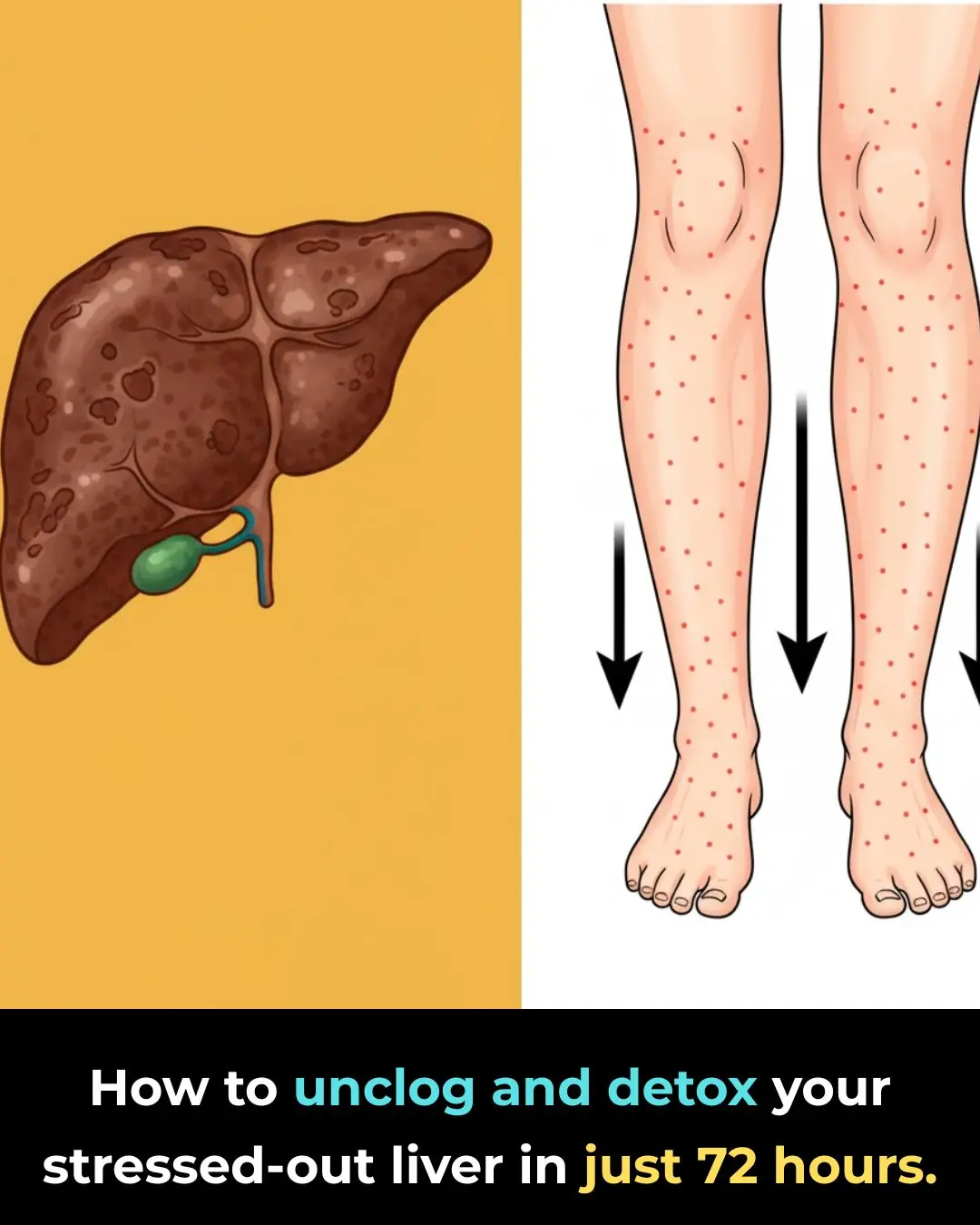
How To Unclog And Detox Your Stressed-Out Liver In Just 72 Hours
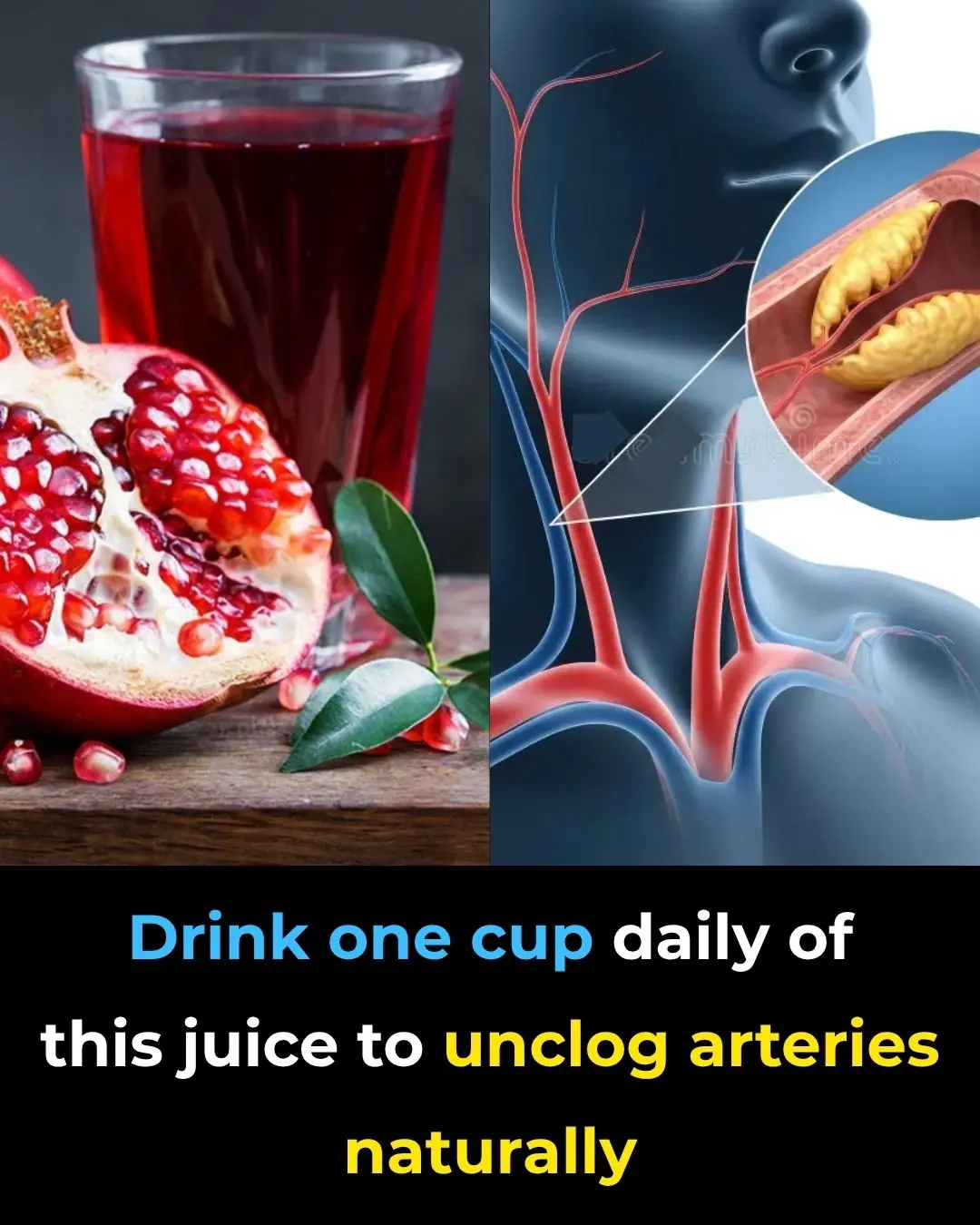
Drink one cup daily of this juice to UNCLOG arteries?
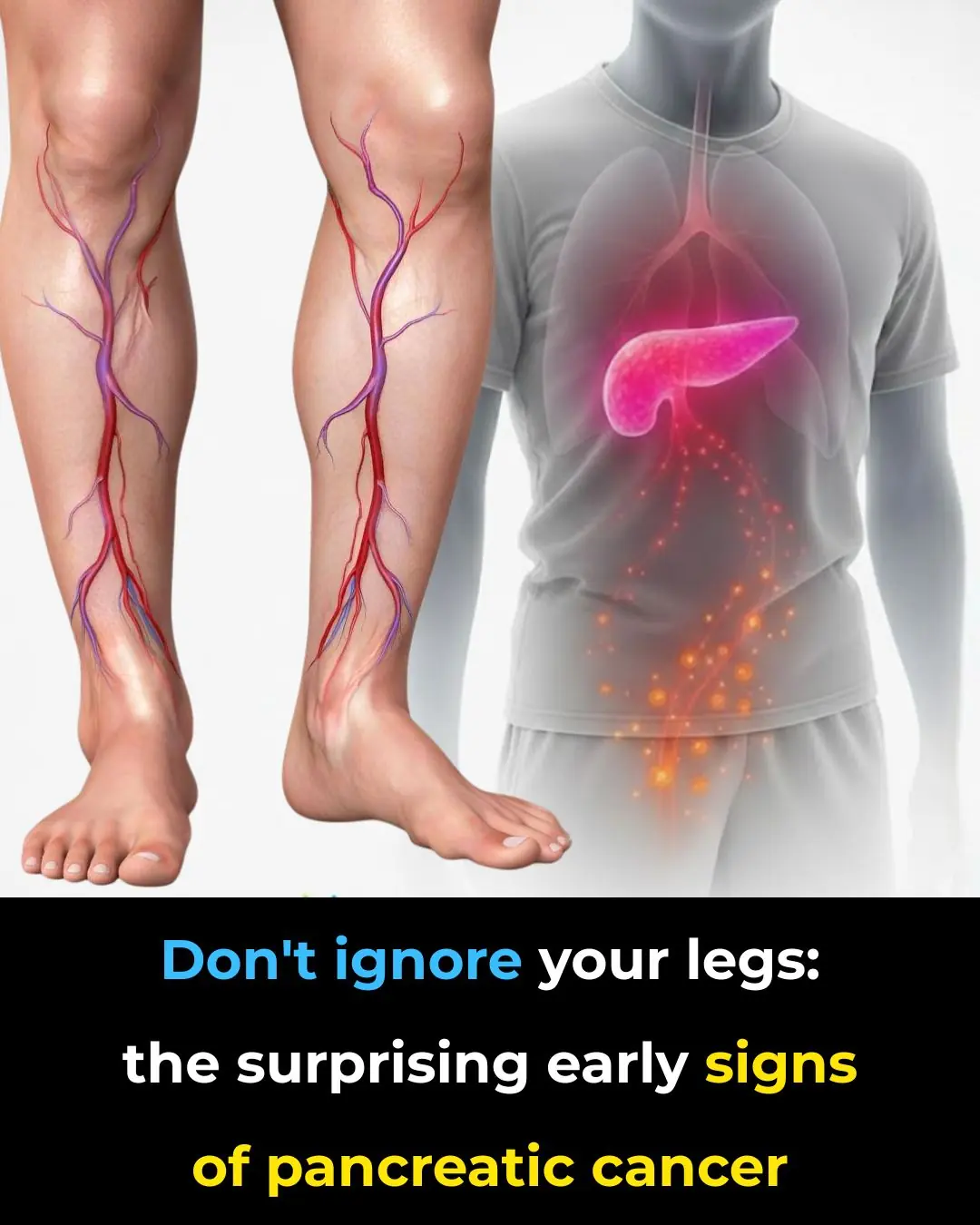
Don’t ignore your legs: the surprising early signs of pancreatic cancer
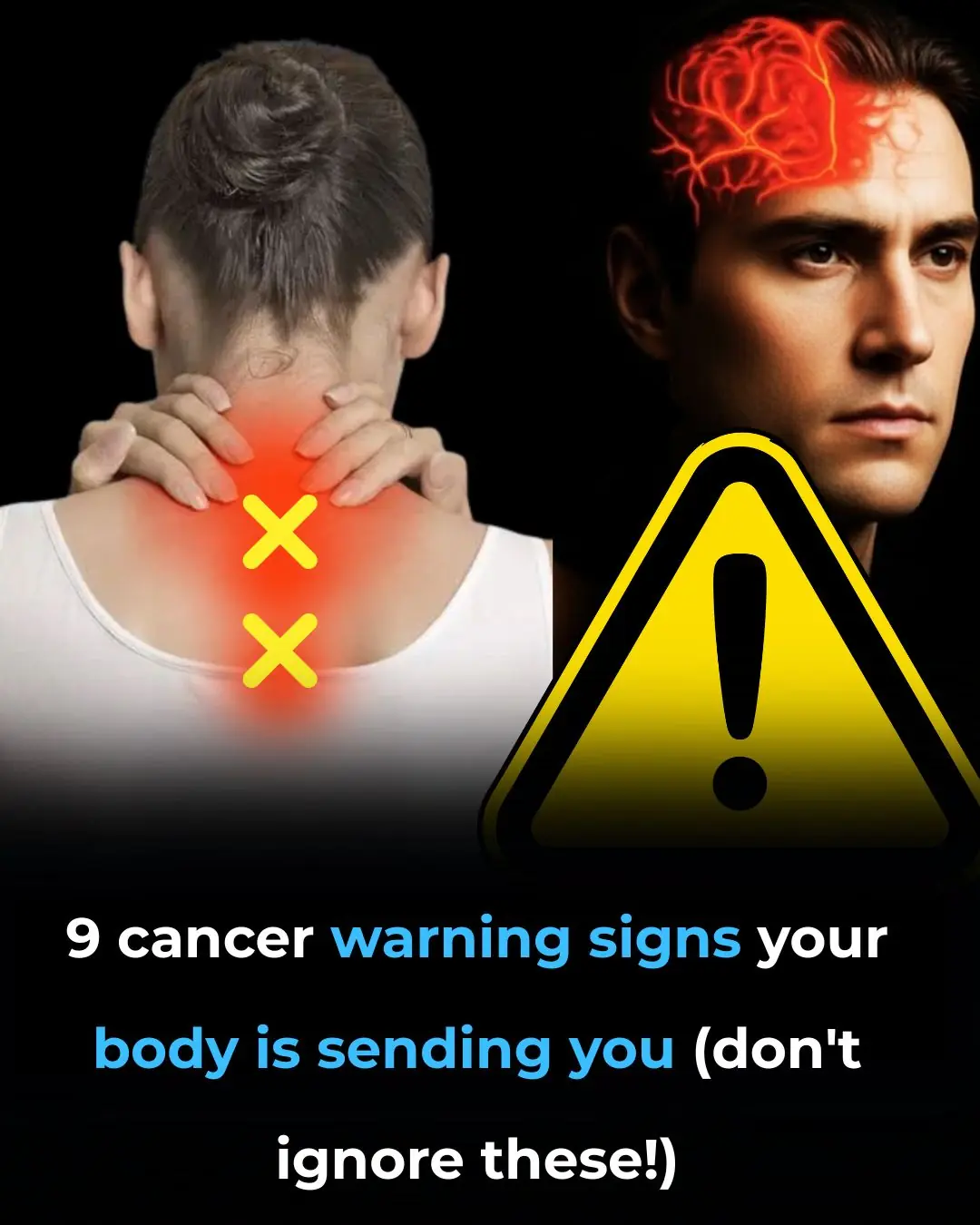
9 cancer warning signs your body is sending you (don’t ignore these!)

Texas reports 4× surge in whooping cough cases — health officials issue statewide alert
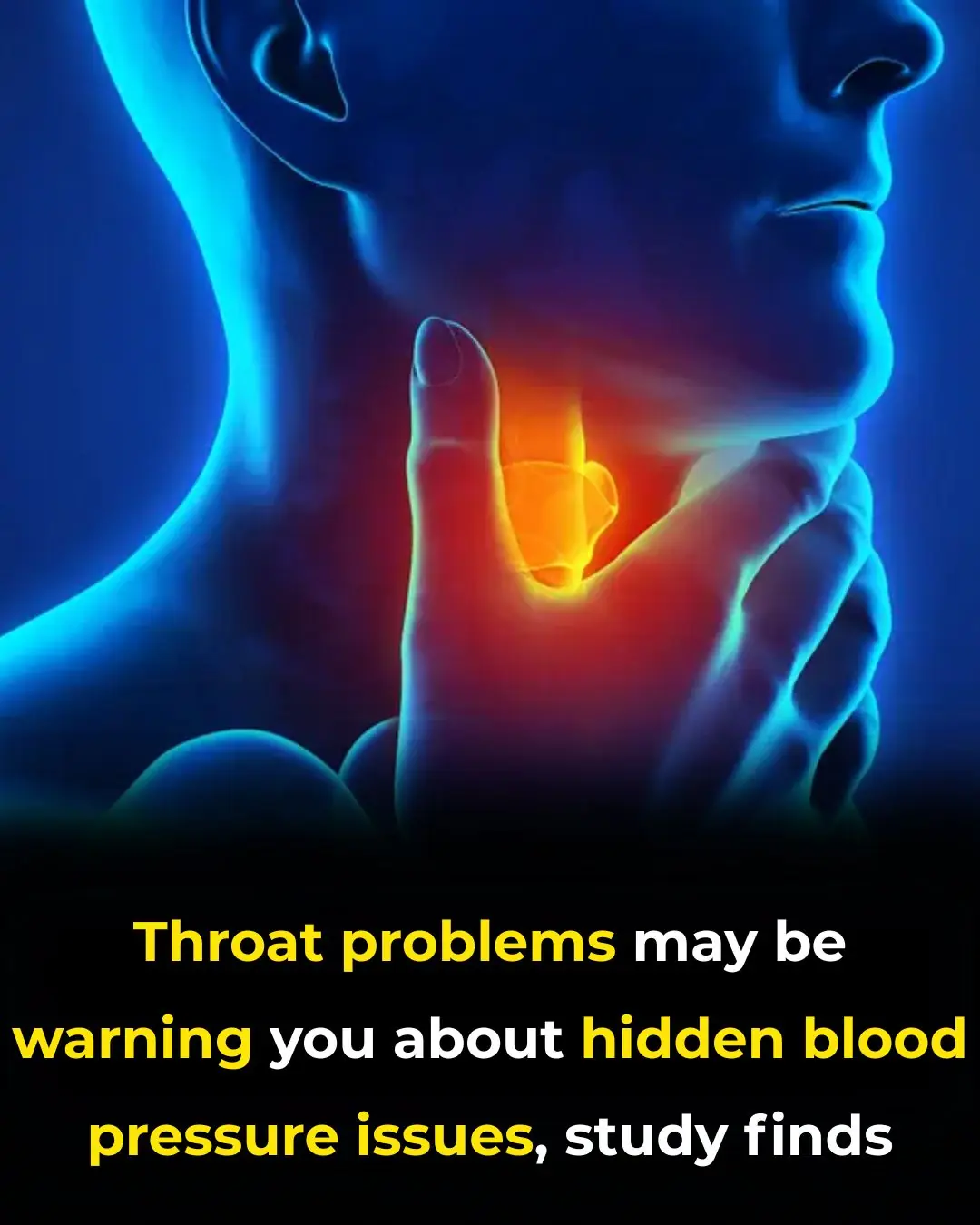
Throat problems may be warning you about hidden blood pressure issues, study finds
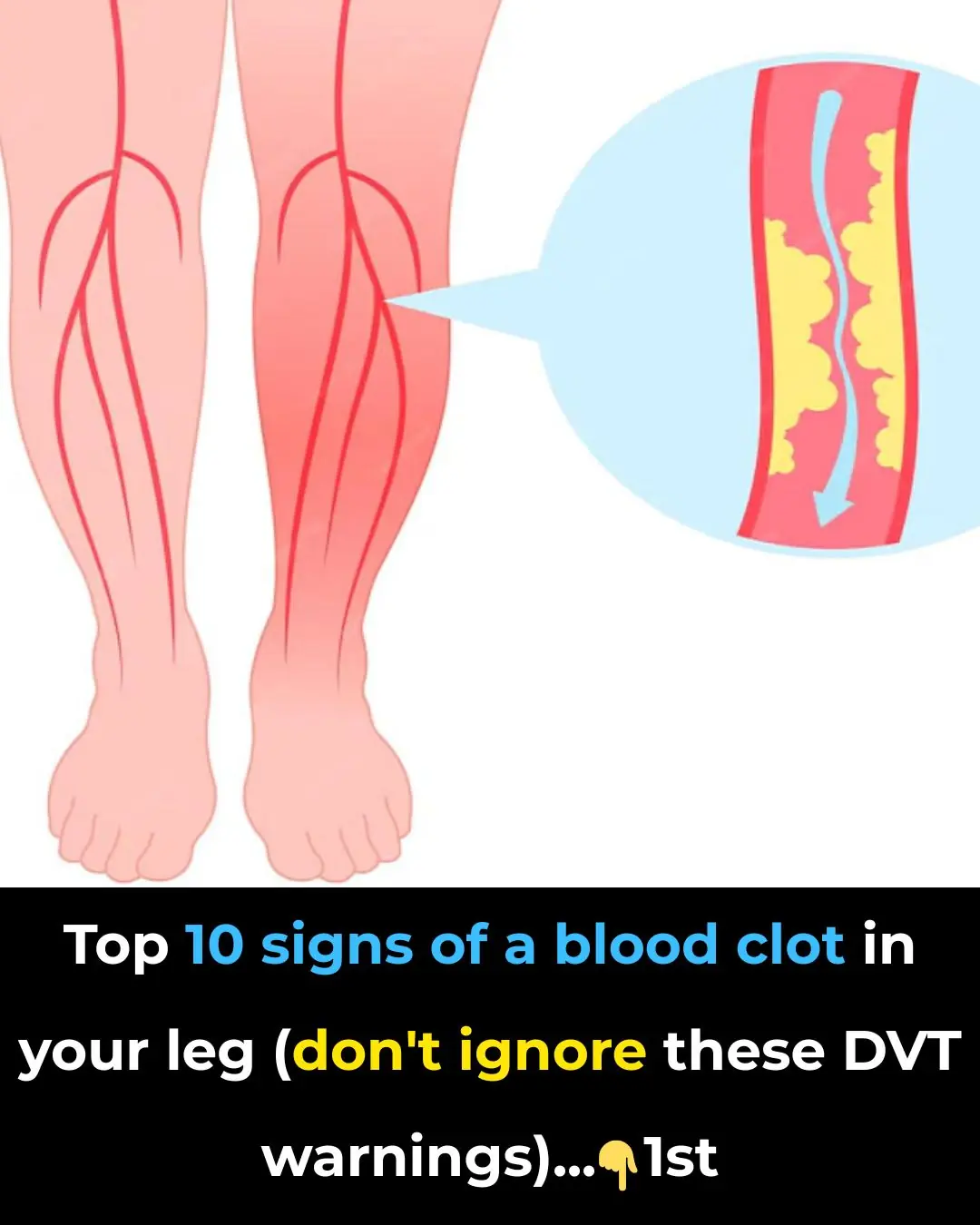
Top 10 signs of a BLOOD CLOT in your leg (prevent Deep Vein Thrombosis)
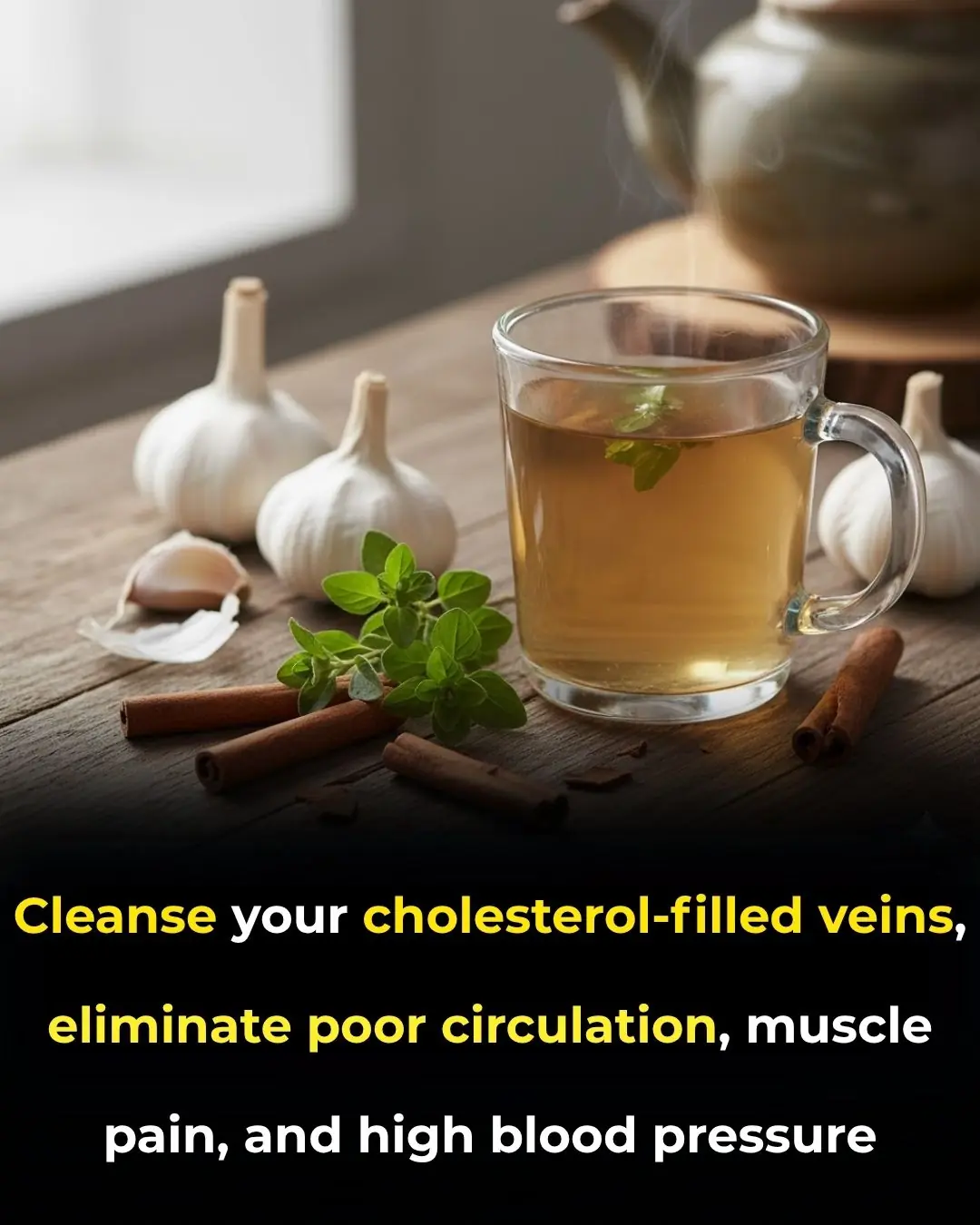
Say Goodbye to Parasites, Cholesterol, High Blood Pressure, and Poor Circulation With This 7-Day Homemade Drink
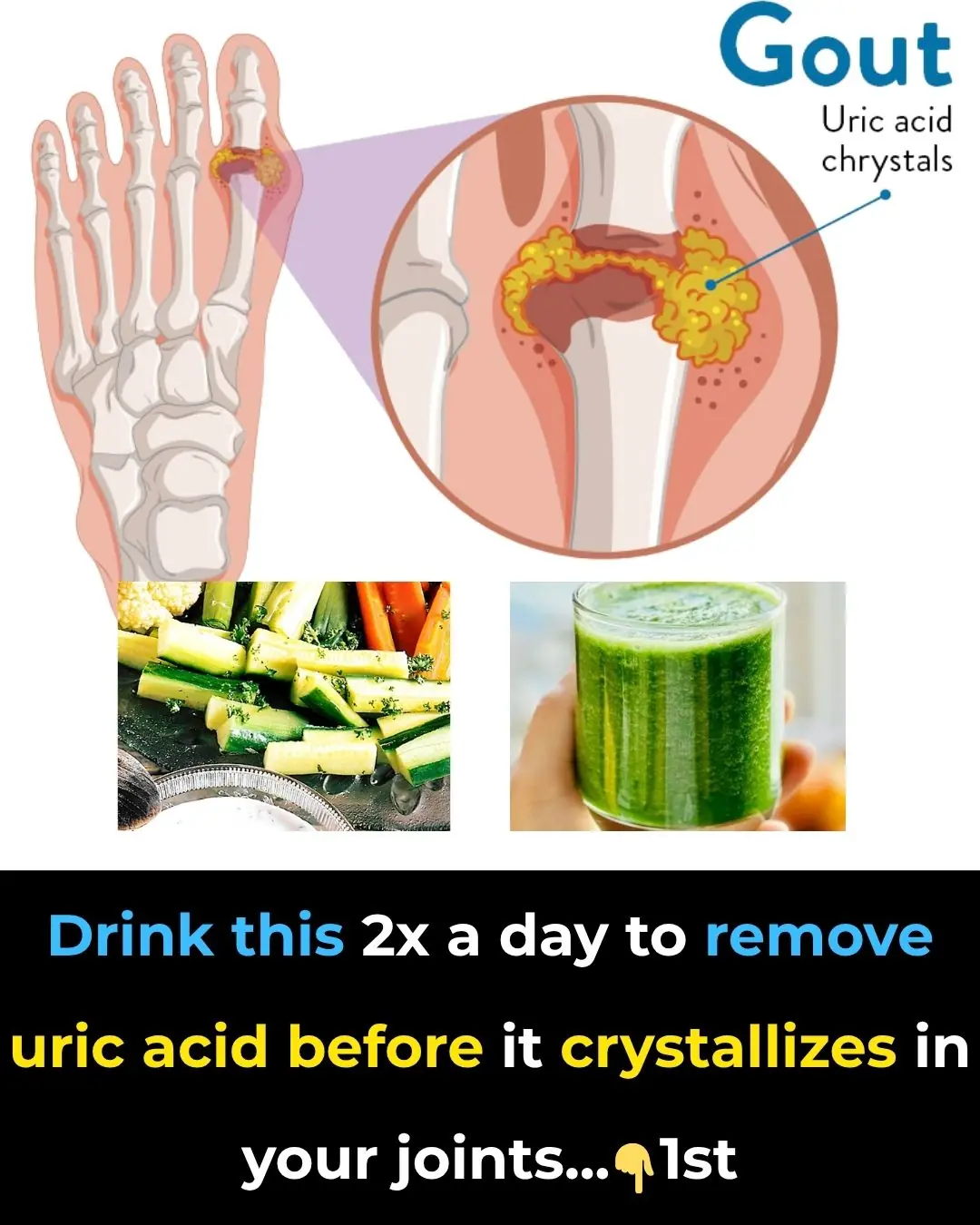
Drink This 2X a Day to Remove Uric Acid Before it Crystallizes in Your Joints and Becomes Painful
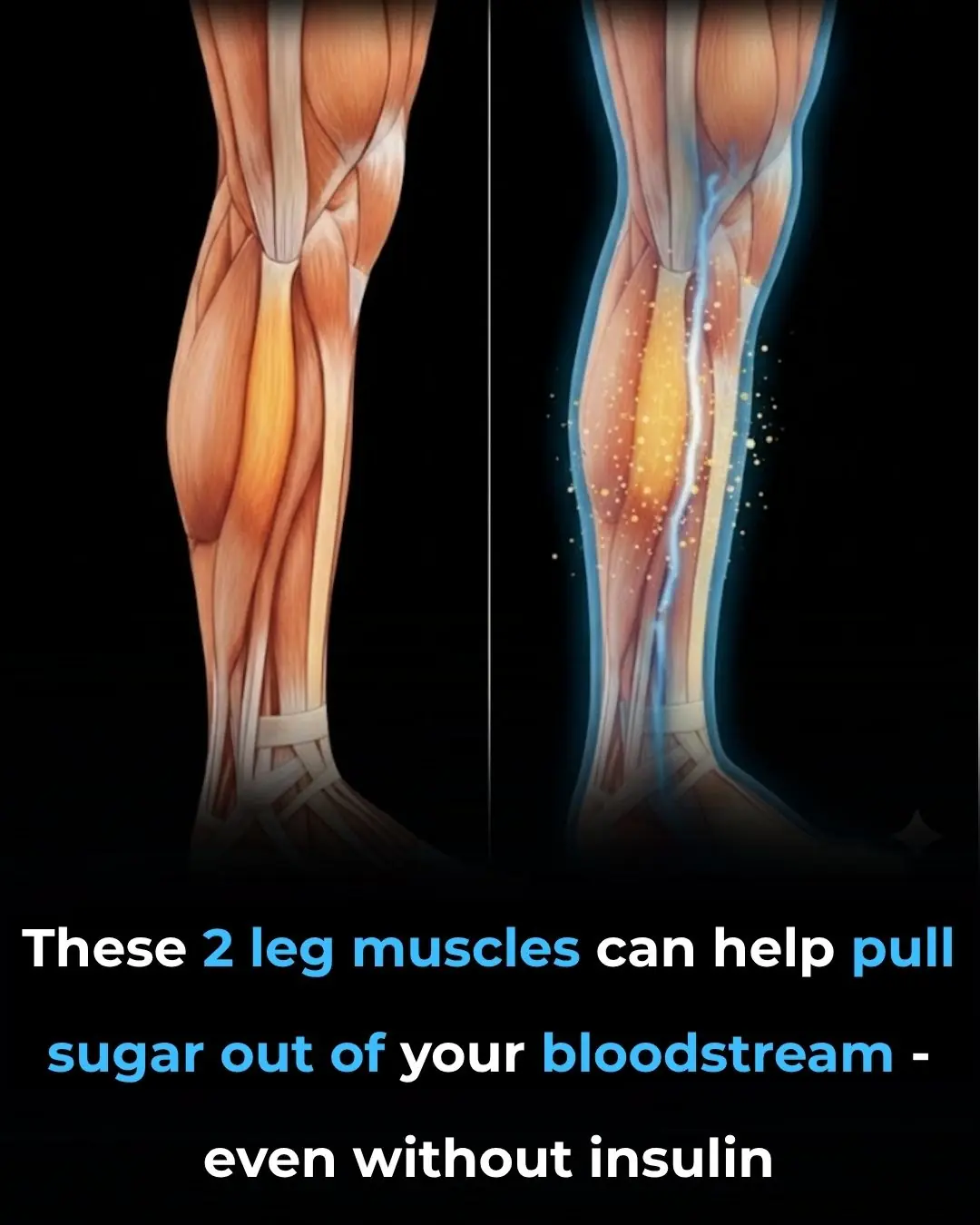
Lower blood sugar naturally by training just 2 leg muscles
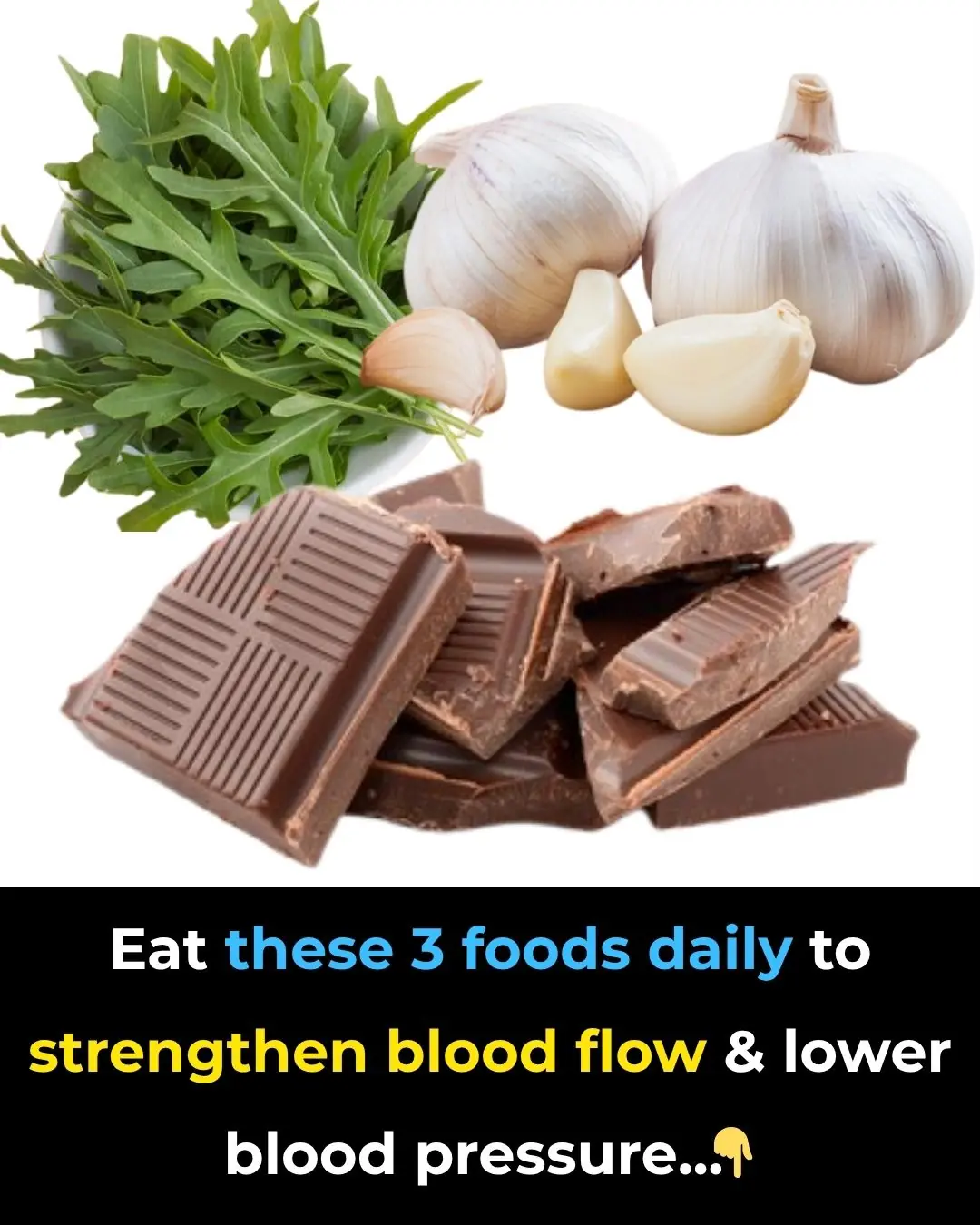
3 Food Combo to Strengthen Your Heart
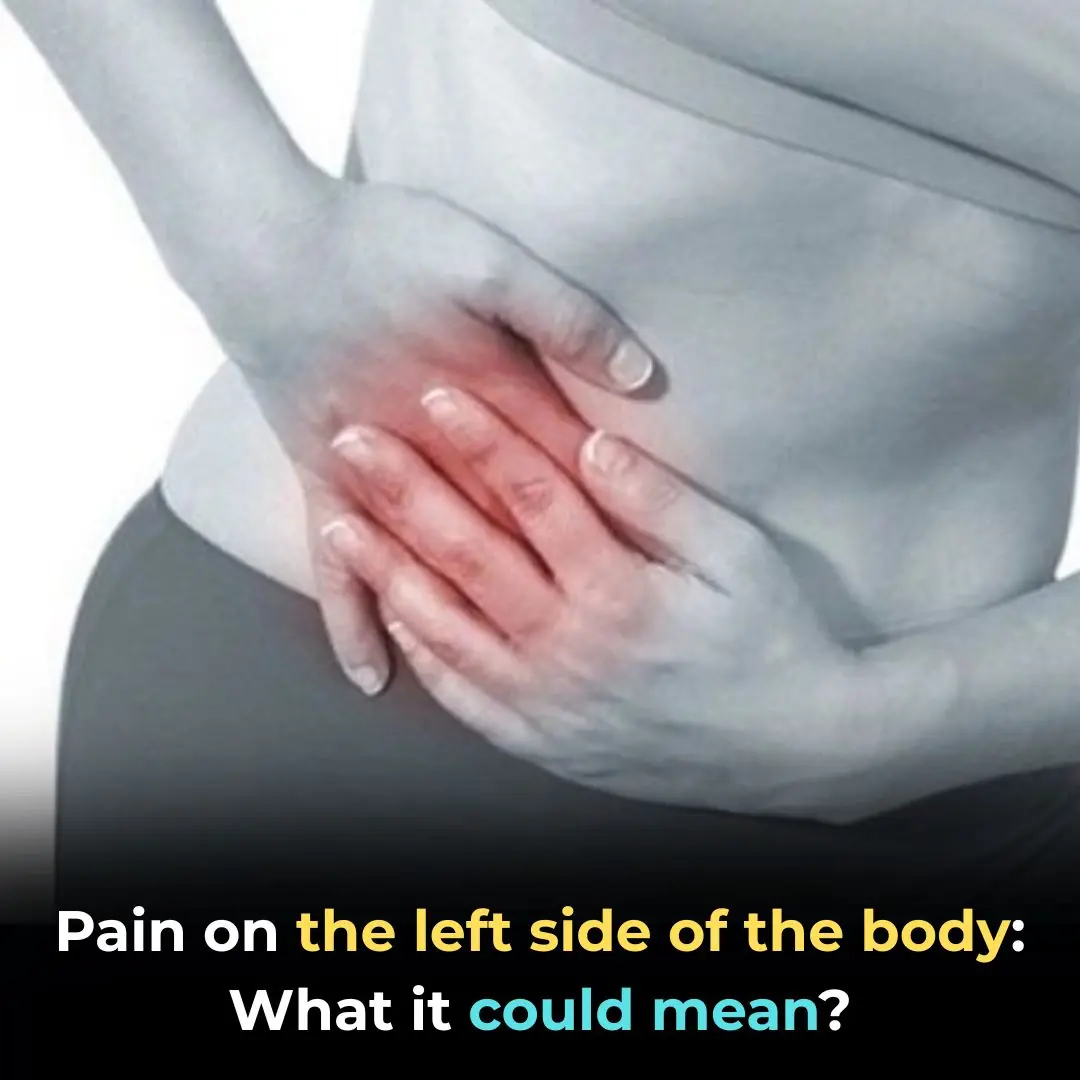
What Your Belly Is Trying to Tell You
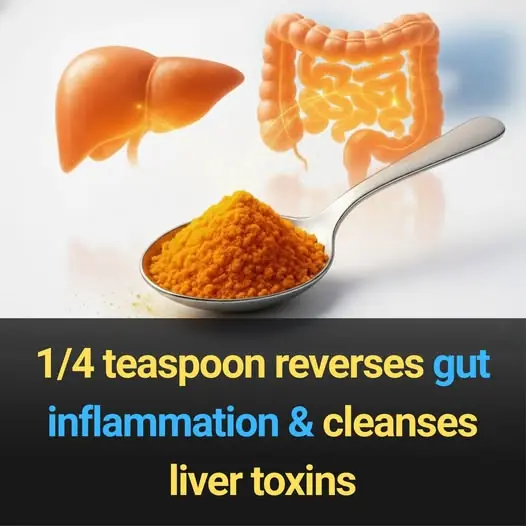
1/4 teaspoon reverses gut inflammation & cleanses liver toxins
News Post
Angus T. Jones, Who Played Jake Harper, Left The Show “Two And A Half Men” 9 Years Ago – This Is Him Today
When Nighttime Leg Cramps Become a Concern
Nadya Suleman, A Mom Of Octuplets Celebrates Their 15th Birthday
If You See A Bent Tree In The Forest, Start Looking Around Immediately
Scientists Discovered A Sinkhole 630 Feet Underground In China Known As “Heavenly Pits”
Why Drivers Over 70 Face New Rules Nobody Saw Coming

7 tips to eliminate dangerous blood fat

Top 3 Foods to Prevent Leg Cramps in Seniors: Strengthen Your Legs Naturally!

Richard Gere reveals what he misses most after ditching the US for Europe

HBCU Prospects and Atlanta Culture Took Center Stage at MLB All-Star Weekend

Comedian Jeff Dye joins Hollywood exodus, says Newsom ‘scares the s–t out of me’

Worried Pete Wicks’ surgery fears amid secret health condition he’s had for years 'It is getting quite bad'

Prince William and Kate Middleton ‘reserved and formal’ during engagement interview
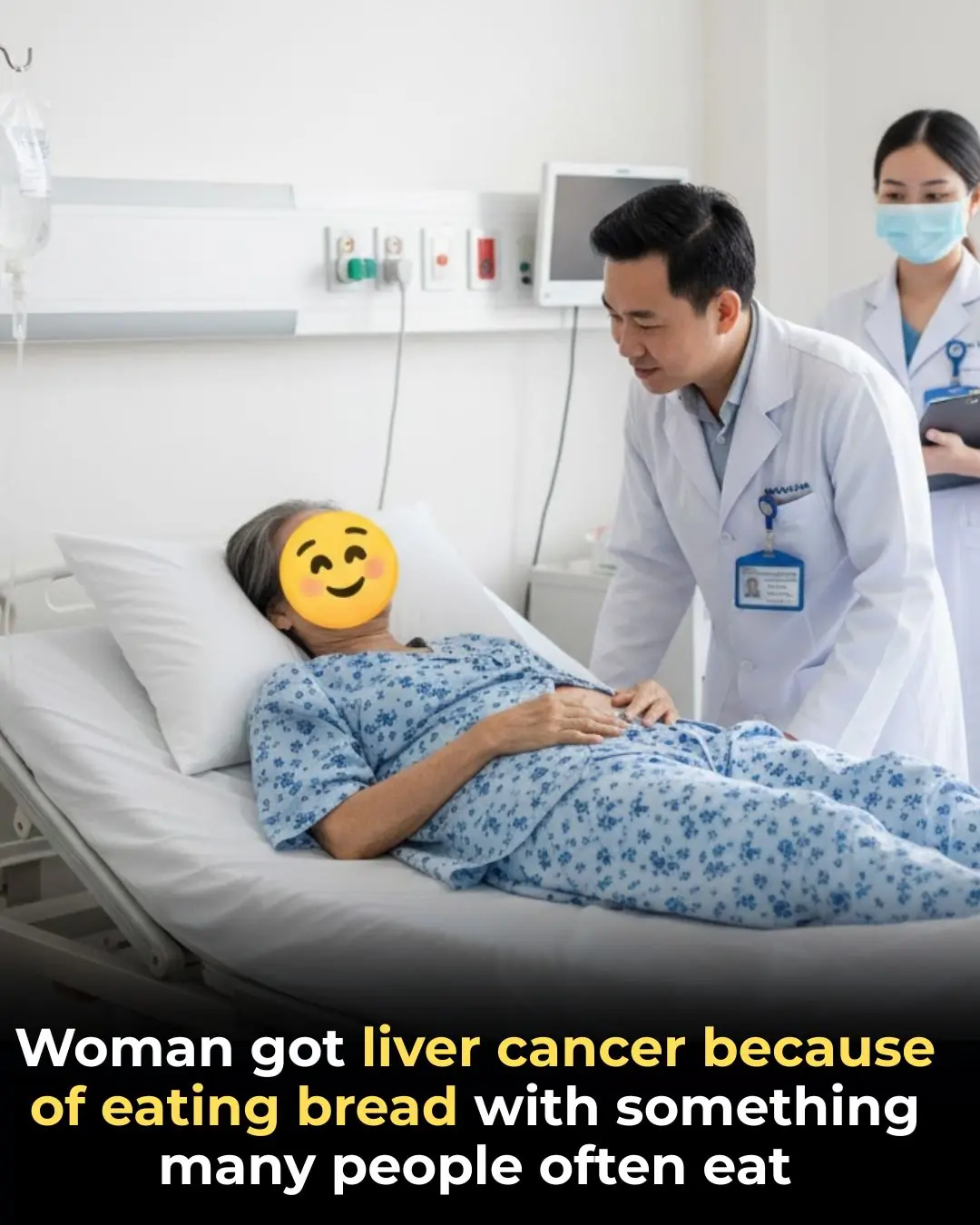
Woman Develops Liver Cancer from Eating Peanut Butter on Bread, a Common Habit Many People Share

Complaints pour in during I’m A Celebrity 2025 launch as viewers demand a change

‘This Could be Why’: Tina Knowles Reveals the Real Reason She Quietly Went Back to Mathew After He Cheated— and Fans Think This Is Why Beyoncé Stayed with Jay

“I Made Sure Not To Wear All White” | Giants Player Darius Slayton Proposes To Track World Champion Girlfriend Anna Hall

Martin Lewis says 'demon appliance' is the worst in the house for soaring bills

MAFS UK's Keye confirms split with Davide and admits 'I made a terrible decision'

